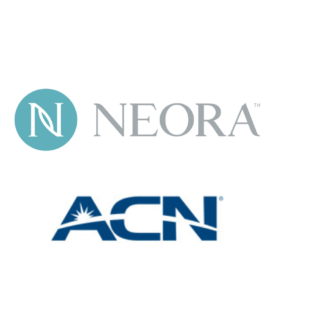A new report from Mintel, one of the world’s largest market intelligence firms, provides insight into skin care shopping trends in China.
According to the report, while China’s cosmeceuticals market is currently quite diversified and fragmented, it appears cosmeceutical products are resonating more and more with Chinese consumers.
Mintel’s research reveals that as many as seven in 10 (69%) consumers agree that using cosmeceuticals daily can prevent skin sensitivity. In comparison, 44 percent say that they only look to cosmeceuticals when they are suffering from certain skin conditions.
Reflecting increasing attention to the ingredients found in cosmeceuticals, up to three in four (74%) urban Chinese consumers agree that it is essential for cosmeceuticals to contain effective ingredients. Further, three in five (60%) believe cosmeceuticals formulated with fewer ingredients are safer.
Speaking at in-cosmetics Korea, an exhibition for personal care ingredients, Associate Beauty Director Jessica Jin of Mintel said, “The term ‘cosmeceuticals’ really only started to gain momentum in China over the past few years, yet more and more beauty retailers are expanding their offerings to include cosmeceutical products in store. Busier and more stressful lifestyles, as well as worsening environmental conditions, today, have created more concern around skin conditions among consumers who are looking for relative treatments as a result—and this is where cosmeceuticals come into the picture.”
“Our research shows that Chinese consumers believe that daily use of these products can prevent skin sensitivity,” continued Jin. “On the other hand, fewer consumers think cosmeceuticals are only needed when they experience certain skin conditions. This spells good news for the Chinese cosmeceuticals market given the favorable potential for such products to be included in consumers’ daily skincare routines. With more knowledge about and attention paid to ingredients and product safety, it is important for cosmeceuticals to highlight the efficacy of star ingredients.”
Consumer understanding of ingredients is currently at an all-time high. What’s more, it seems that men, like women, are also eager for ingredient information with little gap in ingredient awareness between genders. According to Mintel research, 56 percent of men have purchased facial masks that include collagen as an ingredient in the last six months; this compares to 58 percent of women who did the same. Other ingredients with significant penetration rates among men include essential oils (40% male vs. 33% female), vitamin (34% male vs. 32% female) and amino acid (32% male vs. 35% female).
In order to validate a product’s quality, Mintel research reveals that cosmeceuticals can do that via data and institutional endorsement. Indeed, over half of urban Chinese consumers say they believe that a product is high quality if it has precise data to support it (55%) or if it is authorized by a professional institute (52%).
“A product’s effectiveness and safety are both equally important to Chinese consumers,” said Jin. “When setting product claims against cosmeceuticals, it is essential that manufacturers are aware that consumers highly value scientific data and endorsement from professional institutes to substantiate a product’s quality and effectiveness. To further penetrate the Chinese market, cosmeceuticals can also consider providing in-store services such as skin type tests through the use of devices, as well as engaging pharmacists to increase credibility.”


